Black water on board: definition, impact and good practices
When you're sailing, it's essential to think about the environmental impact of your boat. Among the sources of pollution that need to be controlled, black water - i.e. waste water from toilets - is a real issue. Discharging it directly into the sea can have harmful consequences for water quality and marine biodiversity. Fortunately, there are solutions for managing this water responsibly and limiting its impact. Here are the best practices and equipment for environmentally-friendly sailing. 🌊💙
What is balck water?
There is a difference between grey water and black water. Grey water is washing water discharged from sinks, washbasins, showers, etc.
Black water is water from toilets. Unfortunately, it is often discharged untreated into the sea.
Two things make it harmful to the environment and biodiversity:
- pharmaceutical residues from medicines,
- chemical additive residues, which are also found in black water.
In addition, large concentrations of black water can sometimes be found in harbours or mooring areas. However, it is forbidden to discharge wastewater in harbours and in the 3 nautical mile zone.
The impact of black water on the environment
Like grey water, black water is harmful to the environment because it:
- presents health risks: when this water is discharged near bathing areas, the bacteria it contains can cause illness.
- disrupt ecosystems: in high concentrations, black water significantly accelerates the development of aquatic vegetation and the depletion of oxygen in the environment.
- threaten marine life: pharmaceutical residues and chemical additives have serious consequences for marine animals. For example, they can change the sex of certain living organisms.
Good practices on board and in the harbour
It is essential to reduce the impact of our activities on the environment. To do this, we can adopt simple ecogestures.
- Use the harbour toilets
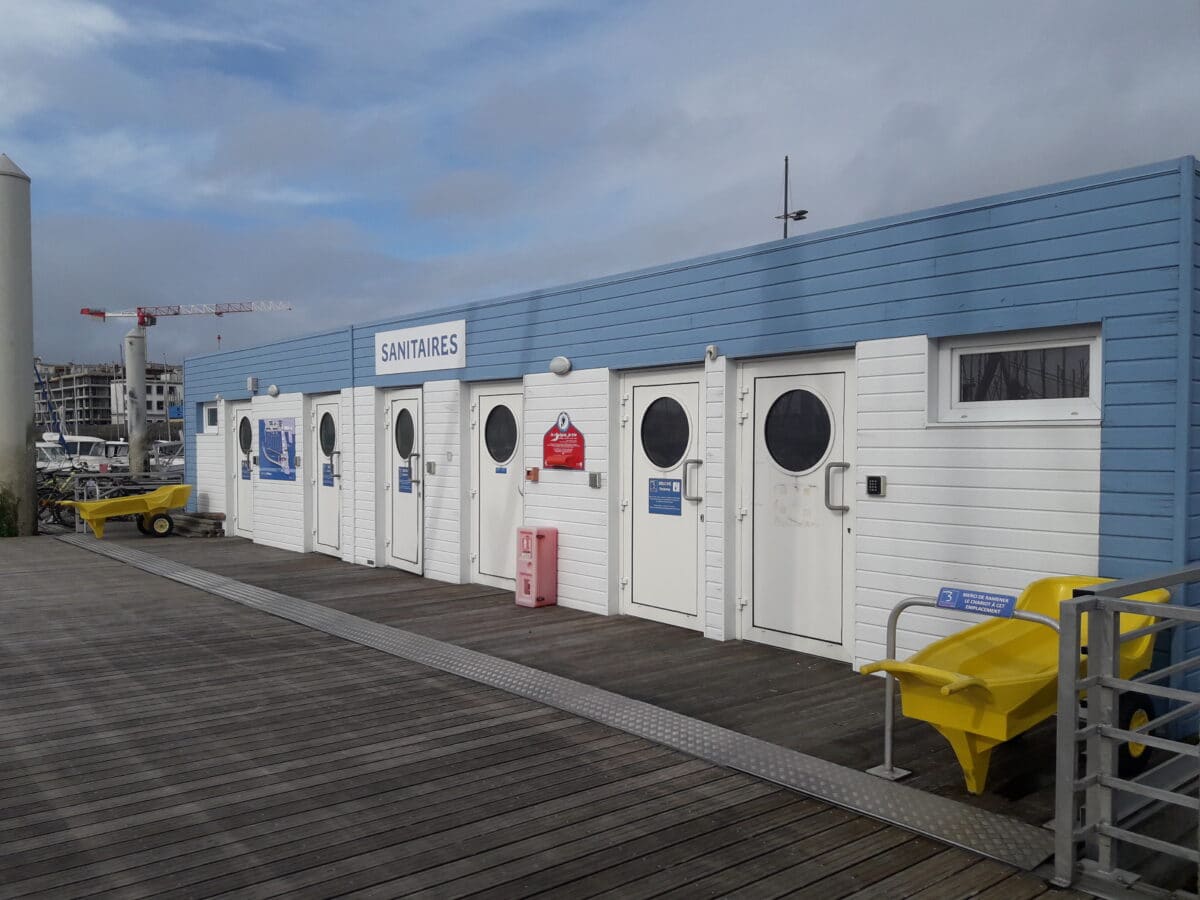
By using the toilets in the harbour rather than those on your boat, you can reduce the amount of waste water discharged into the sea. It's a simple gesture that helps to preserve water quality and protect marine fauna.
It's also a more practical and comfortable solution, avoiding the time-consuming management of black water tanks on board.
Preserving the ocean starts with small, everyday choices! 💙🚤
- Use the black water pumps
Brest's marinas are equipped with black water pumps to prevent emptying at sea or on the pontoon.
If necessary, harbour agents can help you use these pumps.
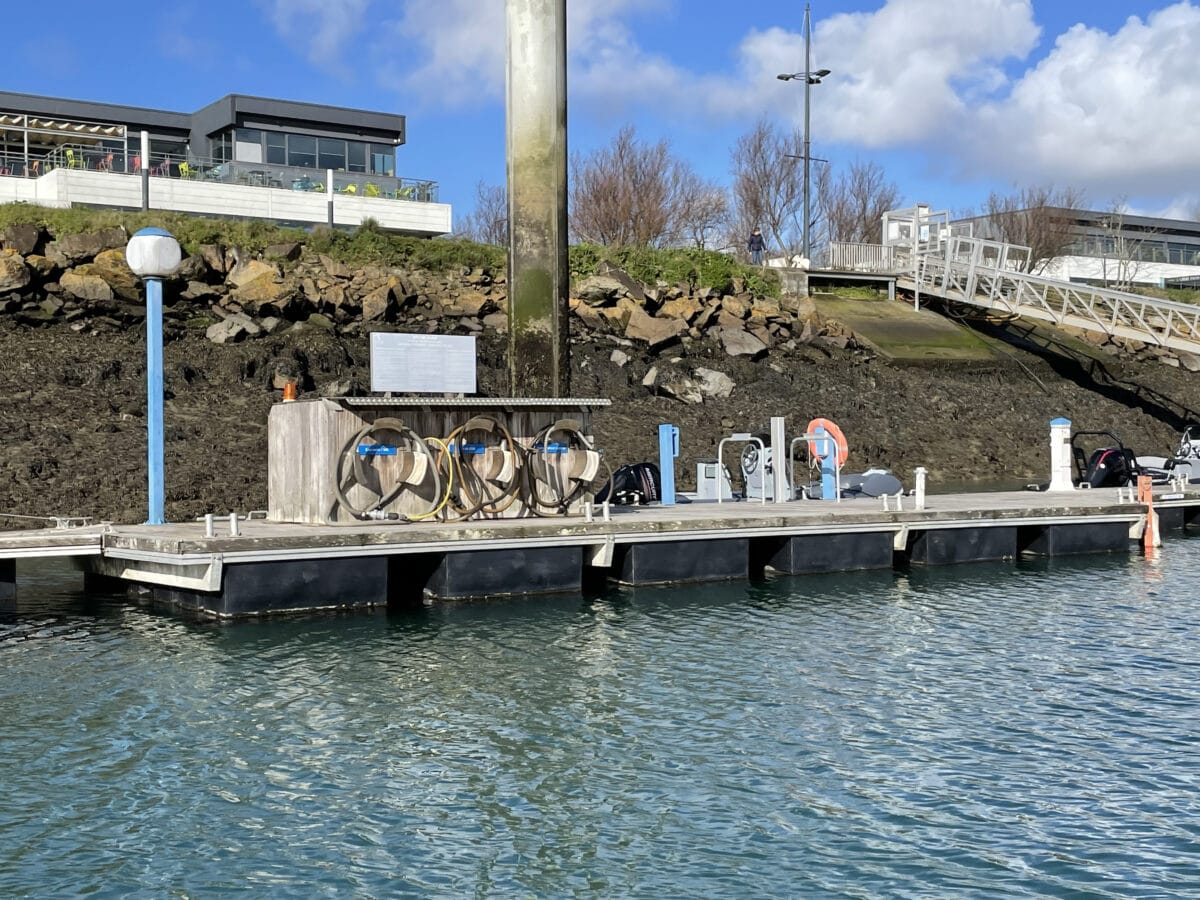
Managing black water correctly means taking action to preserve the sea and biodiversity. By adopting good practices and using the right equipment, every yachtsman can help limit pollution. A small effort for a big impact on the environment! 🌿⚓
Grey water on board: definition, impact and good practices
Did you know that grey water, generated by daily activities on board, has a significant impact on the marine environment? Too often neglected, it contains chemical and organic substances that threaten biodiversity and alter water quality. In this article, find out what grey water is, its effects on the ecosystem and the simple steps you can take to limit its impact while sailing responsibly.
What is grey water ?
Grey water, also known as ‘household water’, is simply water used for washing inside (sink, shower, washbasin, etc.) and outside (deck, cockpit, etc.).
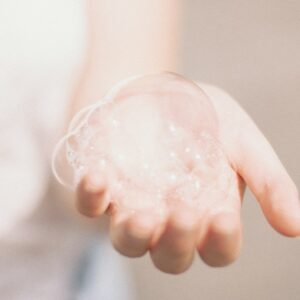
Grey water is often considered less polluting than black water. Yet it contains chemicals that are harmful to the environment: washing-up liquid, soap residues, detergents, etc.
The impact of grey water on the environment
Unfortunately, grey water has an impact on the environment because:
- it disrupts oxygen exchanges: it contains organic residues, oils and detergents that disrupt oxygen exchanges in the water. Fats form a film that prevents oxygenation, while the decomposition of organic matter consumes oxygen. These disturbances can lead to a lack of oxygen, seriously affecting aquatic ecosystems.
- it endangers marine life: grey water can inhibit the growth of aquatic organisms, slowing their development. Chemical contaminants, like surfactants and oils, disrupt essential processes such as photosynthesis and metabolism. This affects plants, algae and marine animals, compromising the balance of aquatic ecosystems.
- it presents a danger to humans: cleaning products contain chemicals that can be allergenic or even carcinogenic. What's more, most of them are as useless as they are expensive.
- it ccentuates coastal erosion: when sea spray reaches the coast, it is contaminated by grey water and attaches itself to plants. This weakens them, and the loss of these plants accelerates coastal erosion.
Good practices on board and in the harbour
To reduce the impact of our activities, there are a few simple ecogestures to adopt:
- Use harbour facilities
To avoid discharging polluted water, give priority to using the showers and washbasins provided for yachtsmen. By using these facilities, you are helping to avoid discharging grey water directly into the sea, thereby preserving water quality and marine biodiversity.
- Use the grey water pump

Brest marinas are both equipped with black and grey water pumps. This allows you to empty your tanks while limiting pollution in the harbour.
- Use environmentally-friendly products
These days, there are several ecological solutions for maintaining your boat effectively while protecting the environment.
Use eco-labelled products containing surfactants and active ingredients of natural origin.
These multi-purpose products are highly effective and less polluting.
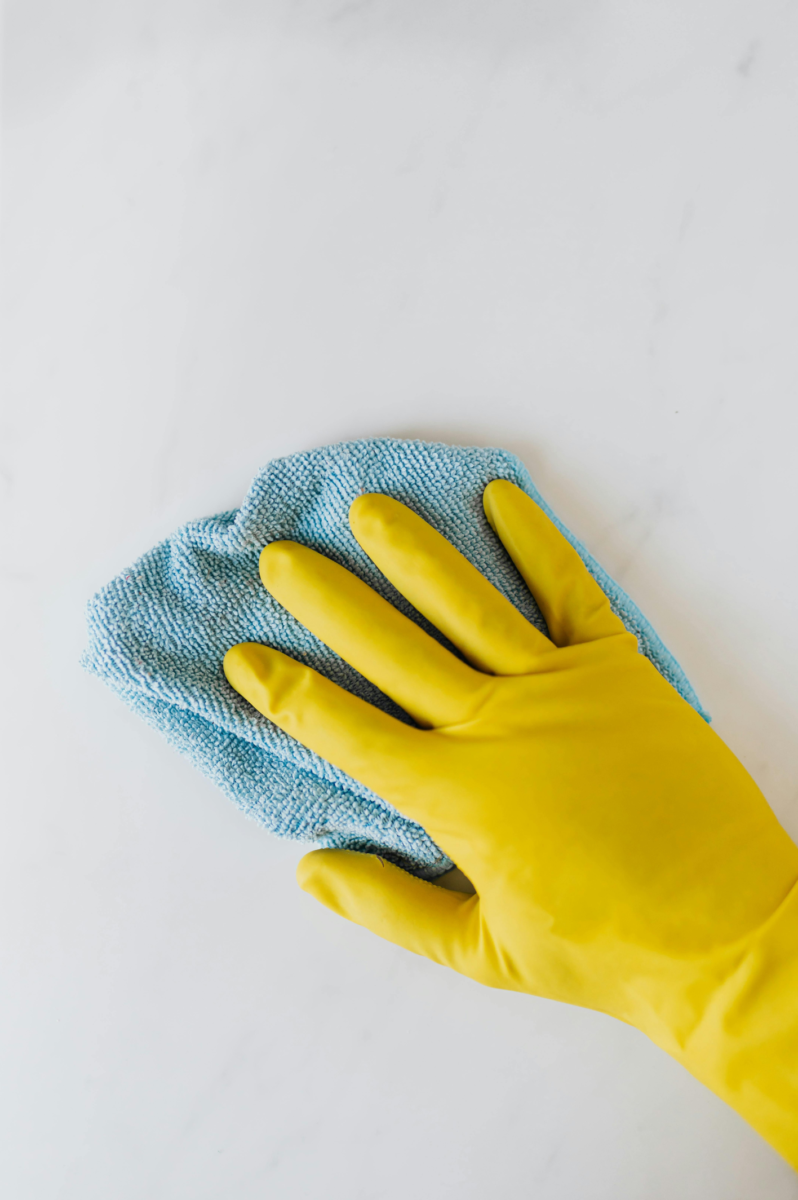
Taking action to reduce grey water pollution is essential to preserving our oceans and the ecosystems that depend on them. By adopting respectful practices, such as using port equipment and environmentally-friendly products, every yachtsman can help to limit his or her environmental footprint. Protecting the sea also means guaranteeing a healthy environment for future generations. Thanks to good practice, we can make boating a sustainable leisure activity! 🌊
Want to find out more about the eco-actions you can take on board and at sea? Check out the Manche Atlantique eco-gestures website.
Ecogestures for yachtsmen: reducing your carbon footprint when sailing
Whether at sea or on land, adopting ecogesture for yachtsmen and yachtswomen helps to reduce our carbon footprint while still enjoying the pleasures of sailing. In this article, you'll find practical advice on how to prepare your boat in an eco-responsible way, respect biodiversity and adopt sustainable behaviour at sea. Set your course for greener sailing! ⛵🌍
Preparing your boat in an eco-responsible way
Before setting sail, a few simple actions can make a big difference in limiting the environmental impact of your boat. Here are a few ideas of ecogestures for boaters to adopt when preparing your boat before the sailing season.
Careening your boat in a dedicated area
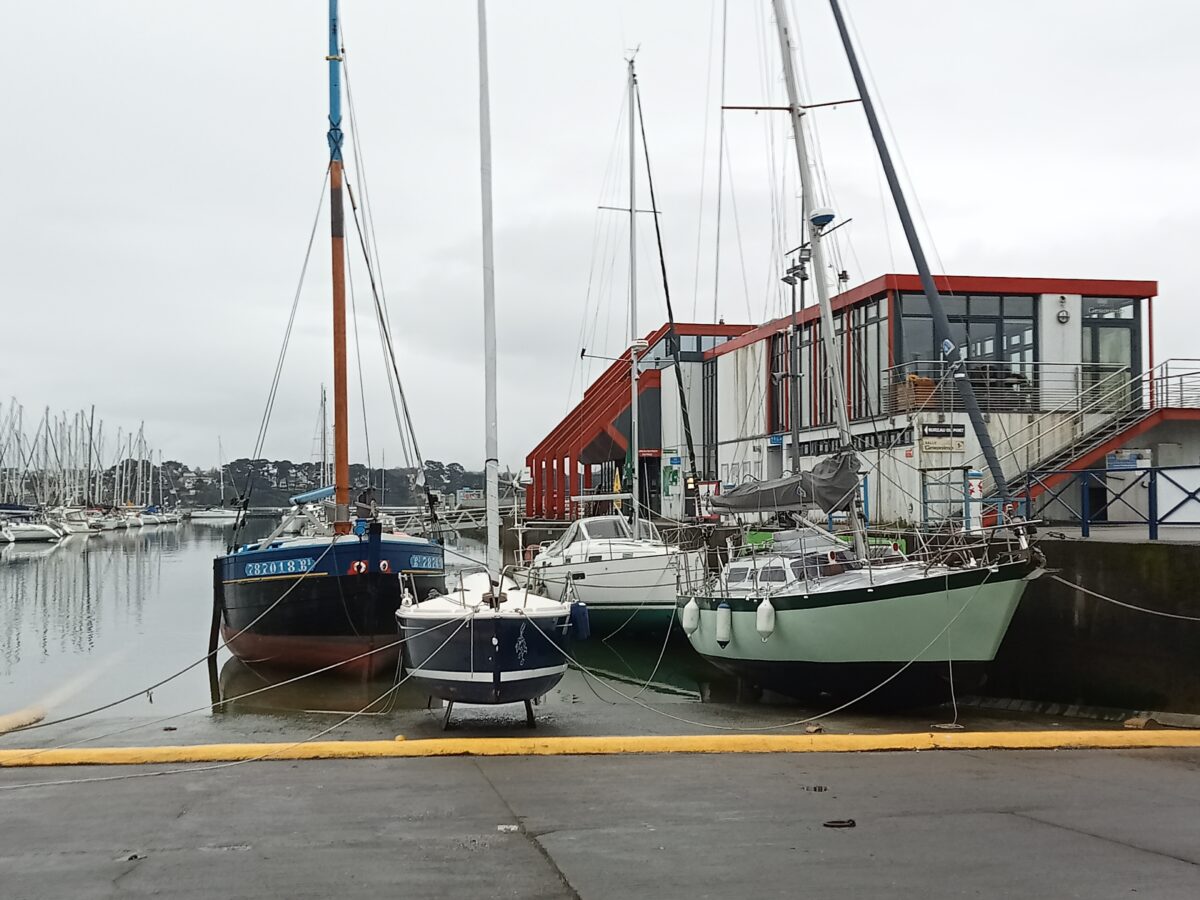
To protect the environment, it is essential to carry out your careening in specially equipped technical areas, such as those in Brest marinas.
The Marina du Moulin Blanc has a careening slipway and a careening area. The Marina du Château also has a careening area. These careening areas are equipped to collect and treat run-off water in order to limit pollution.
When sanding the hull, be sure to collect any toxic residues (such as paint residues, used paintbrushes or empty pots) and take them to the clean points provided by the Brest marinas at the careening areas so that they can be properly treated. ♻️
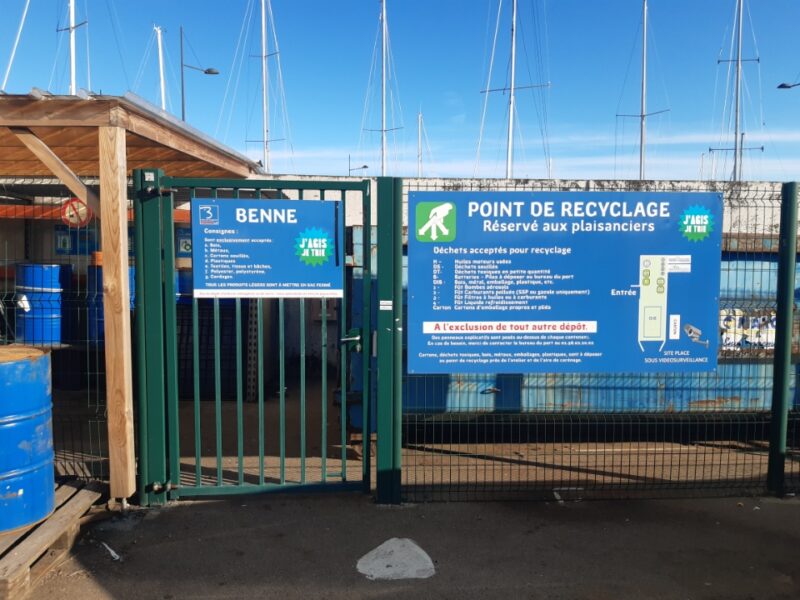
If you do the careening yourself, avoid windy days. This will minimise the dispersion of harmful dust in the air and on the ground.
Finally, a simple piece of advice: sail regularly! ⛵
This limits the attachment of marine organisms to the hull, reducing the frequency of careening.
Choosing an ecological antifouling
Antifouling is essential for protecting your boat's hull from marine organisms. However, most products contain substances that are toxic to the environment. Fortunately, there are environmentally-friendly alternatives.
You can opt for antifoulings based on natural ingredients, which are better for preserving marine life while remaining effective. The fish will thank you!
Maintaining your engine to reduce pollution
A well-maintained engine consumes less fuel and pollutes less.
To limit your impact on the environment, make sure you carry out regular checks: cleaning filters, changing oil, checking injectors, etc.
Careful maintenance reduces pollutant emissions and extends the life of your engine.
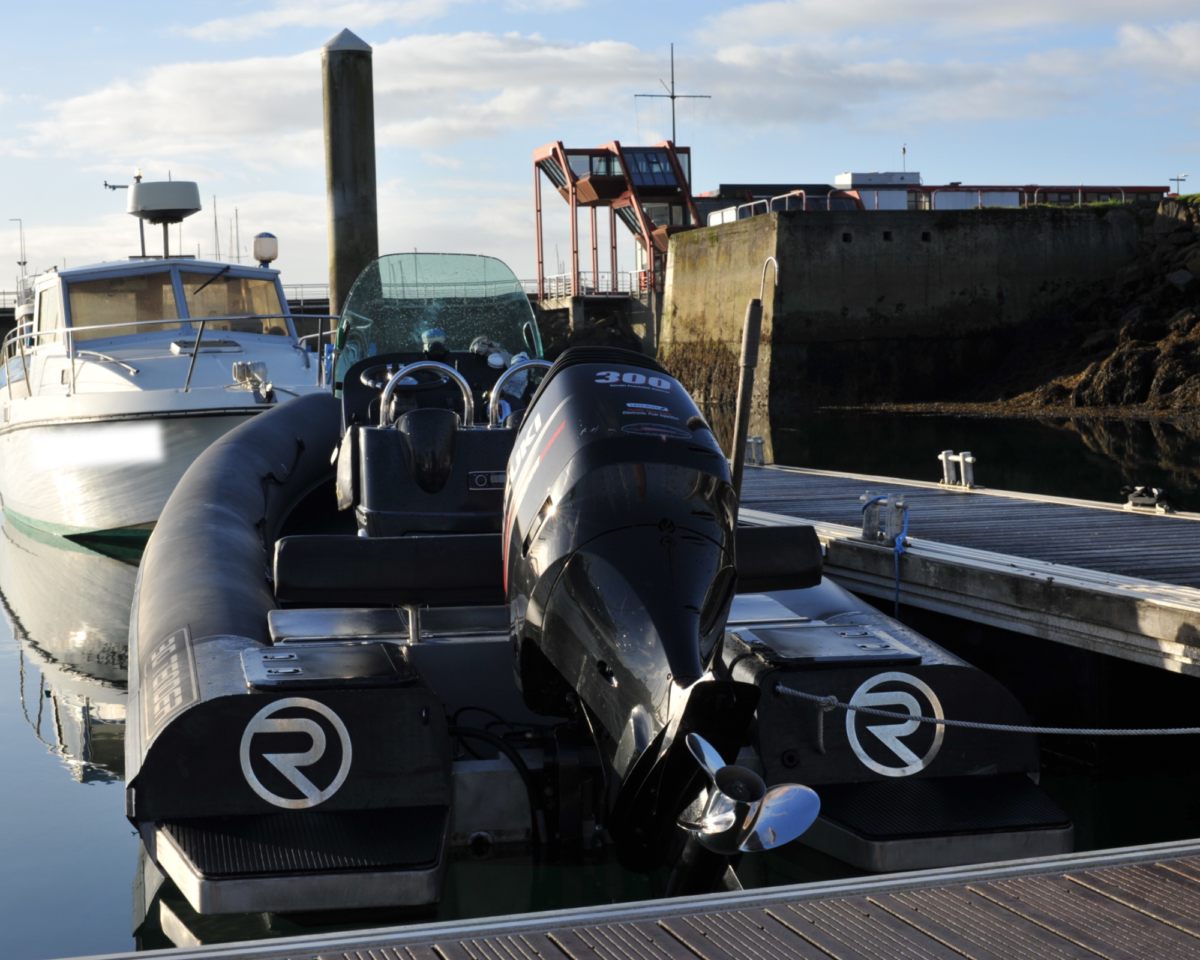
Beware of oil pollution
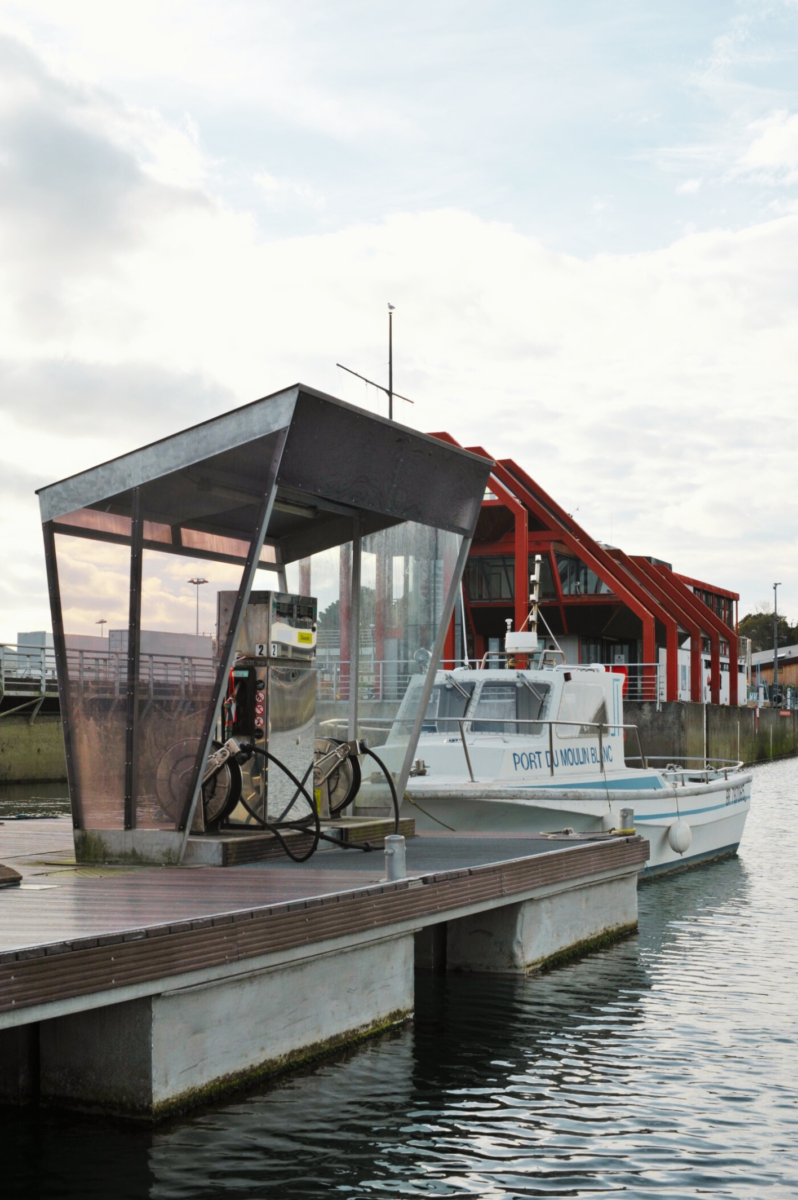
When filling up your tank at a petrol station, be careful not to spill hydrocarbons into the water. These spills, even in small quantities, have a devastating impact on marine ecosystems.
The Brest marinas sell reusable absorbent sheets. These can be used to catch any fuel drops that may fall into the water during refuelling manoeuvres.
You can buy one at the harbour office.
The port teams are trained in the fight against accidental oil pollution, but it is important that everyone feels concerned by the subject and leaves the port as clean as possible.
Ecogestures for yachtsmen on the pontoon
When you're moored at the pontoon, a few good practices can go a long way towards protecting the environment. Take advantage of the facilities available to you to reduce your ecological footprint, and adopt simple but effective actions to help preserve the oceans.
Use the harbour toilets when you're docked
Brest marinas have toilet facilities, so why not make the most of them 😉
By using the harbour toilets rather than those on your boat, you avoid discharging waste water directly into the sea. This simple gesture helps to preserve water quality and protect marine biodiversity.
It's also more comfortable and pleasant than having to manage your boat's black water tanks.
In short, a small ecological gesture that's good for the planet!

Emptying tanks at grey and waste water pumping stations

When you're docked, remember to empty your grey water and waste water tanks at the dedicated pumping stations. Brest Marinas are equipped with these facilities to enable you to treat your waste water responsibly.
Whether for dishwater, shower water or black water, using these stations helps to limit pollution in port areas and preserve marine ecosystems. 💧
It also prevents the dispersion of harmful substances that can disturb underwater fauna and flora.
You can ask harbour agents where the stations are located and get practical advice on how to use them.
Reducing energy consumption on board
Adopting eco-actions for yachtsmen, such as producing and consuming energy more responsibly, is essential to reducing the ecological impact of your boat.
Consider installing solar panels or a small wind turbine on board. This equipment produces renewable energy to power your appliances without the need for a fuel-guzzling generator.
Another important point: invest in durable, high-performance batteries. These will store the energy produced by your solar panels or wind turbines, giving you greater energy autonomy.
Thanks to these simple gestures, you can play an active part in preserving the marine environment, while enjoying greener sailing.

Brest marinas have also been running a campaign to unplug boats for several months now. The aim of this approach is to significantly reduce energy consumption, and to ensure the safety of boats and yachtsmen by avoiding the risk of fire. 🔌
Reducing water consumption
When using the port showers, remember to limit your water consumption.
On board, use water-saving shower heads and check your plumbing system regularly for leaks to avoid wasting water.
On pontoons, don't leave your water hose connected when you're not using it. Don't let the water run for nothing, even for a few minutes.
Less wasted water and smarter energy consumption is good for the environment… and the budget! 💡💦
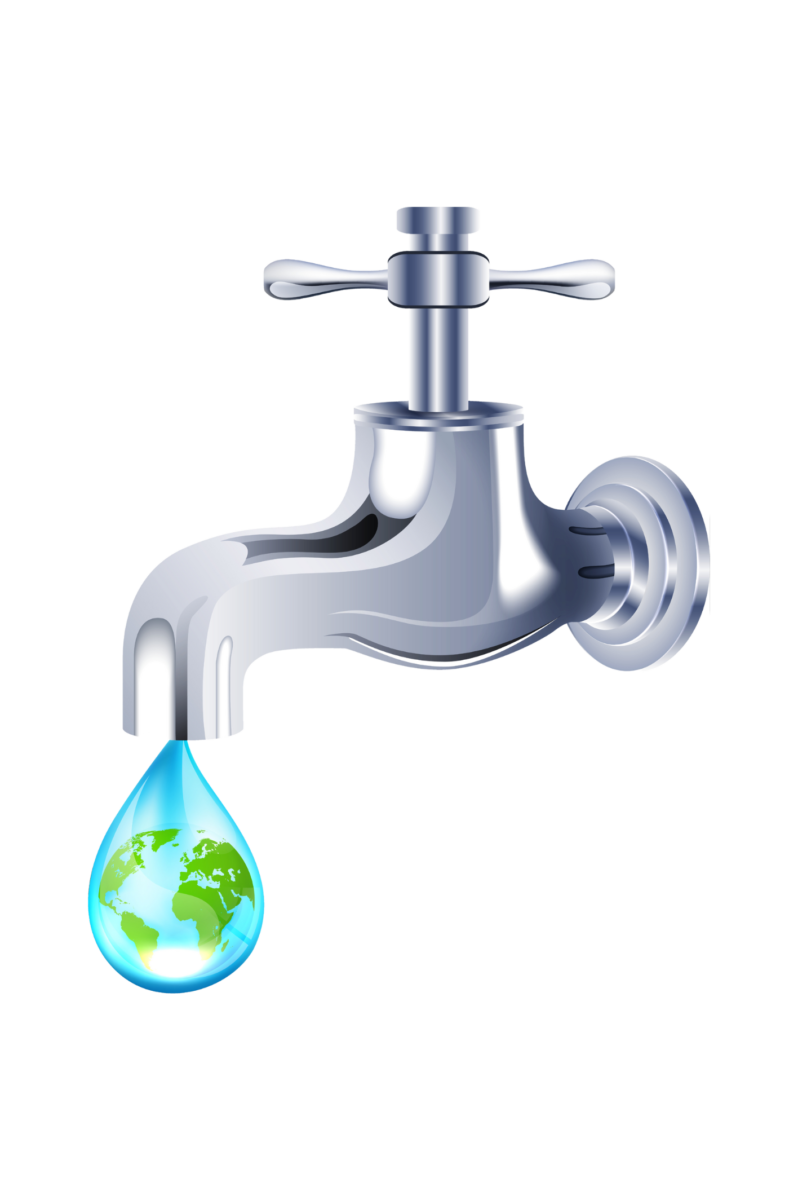
Adopting responsible behaviour at sea
Ecogestures for yachtsmen don't just happen on the pontoon. It's also at sea!
Sailing at sea is a privilege, but it's essential to respect this fragile environment. As a yachtsman, you can adopt simple actions to preserve marine biodiversity and reduce your ecological impact, while enjoying your sailing to the full.
Managing waste on board a boat
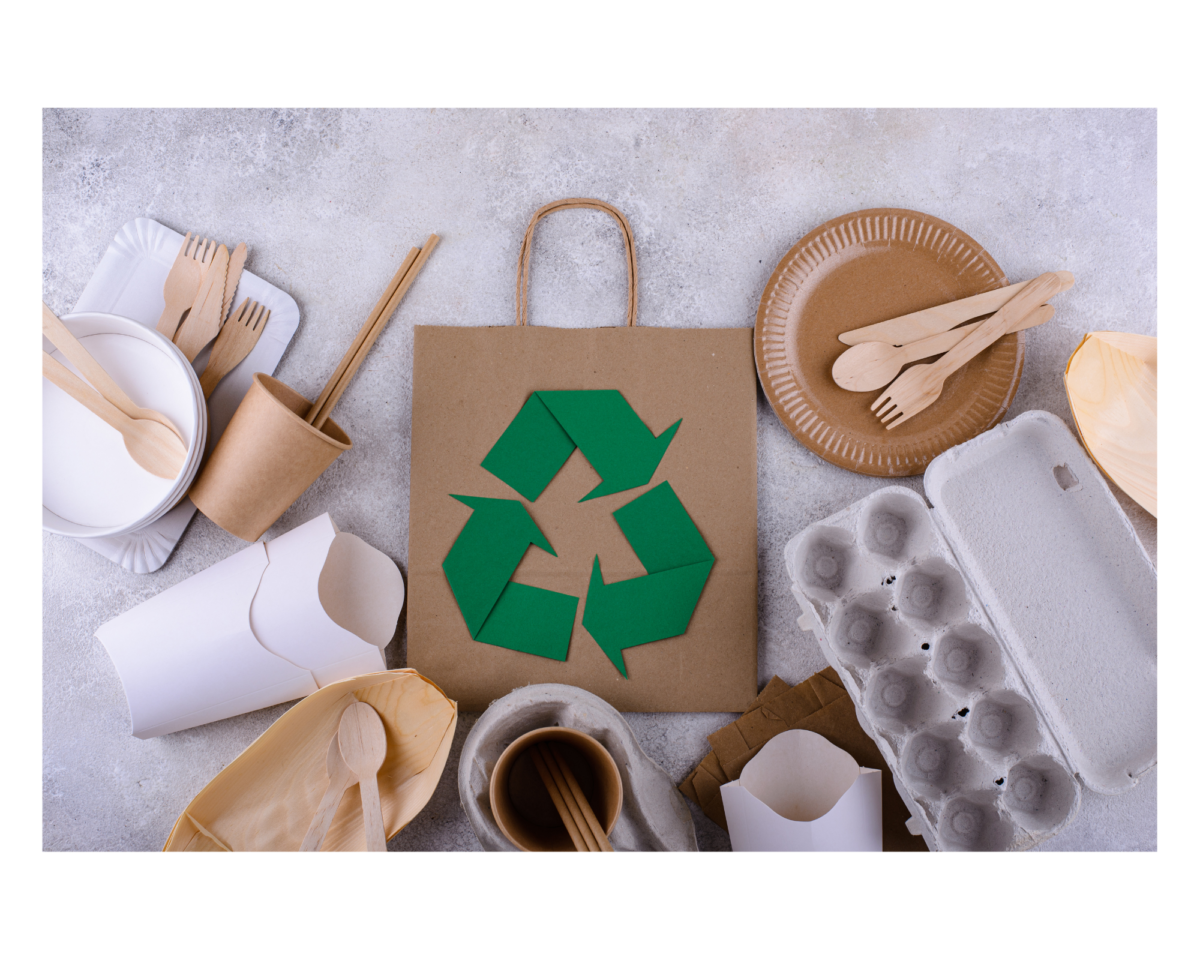
When you're at sea, it's important to manage your waste responsibly.
The first step is to avoid taking over-packaged products with you.
💡 Before setting off, remember to remove all unnecessary packaging and give preference to reusable containers.
On the boat, set up a selective sorting system. A small bin for plastic, another for household waste, and that's it! 🗑️
Back in the harbour, all you have to do is put your sorted rubbish in the appropriate bins or at the clean point.
If you smoke on board, remember to use an ashtray or pocket ashtray to prevent cigarette ends ending up in the water. Even in small quantities, cigarette butts are a major source of pollution for the oceans. The marinas in Brest provide free pocket ashtrays for boaters. Make the most of them!
Use non-polluting products to clean your boat
There are many ecological alternatives available today that are just as effective for maintaining your boat without harming the environment.
Choose non-polluting detergents that contain no phosphates or other chemicals that are harmful to marine life.
You can even make your own cleaning products, just like at home, using white vinegar, bicarbonate of soda or black soap.
Your boat will stay clean, while respecting the planet! 🌍

Paying attention to your anchorage
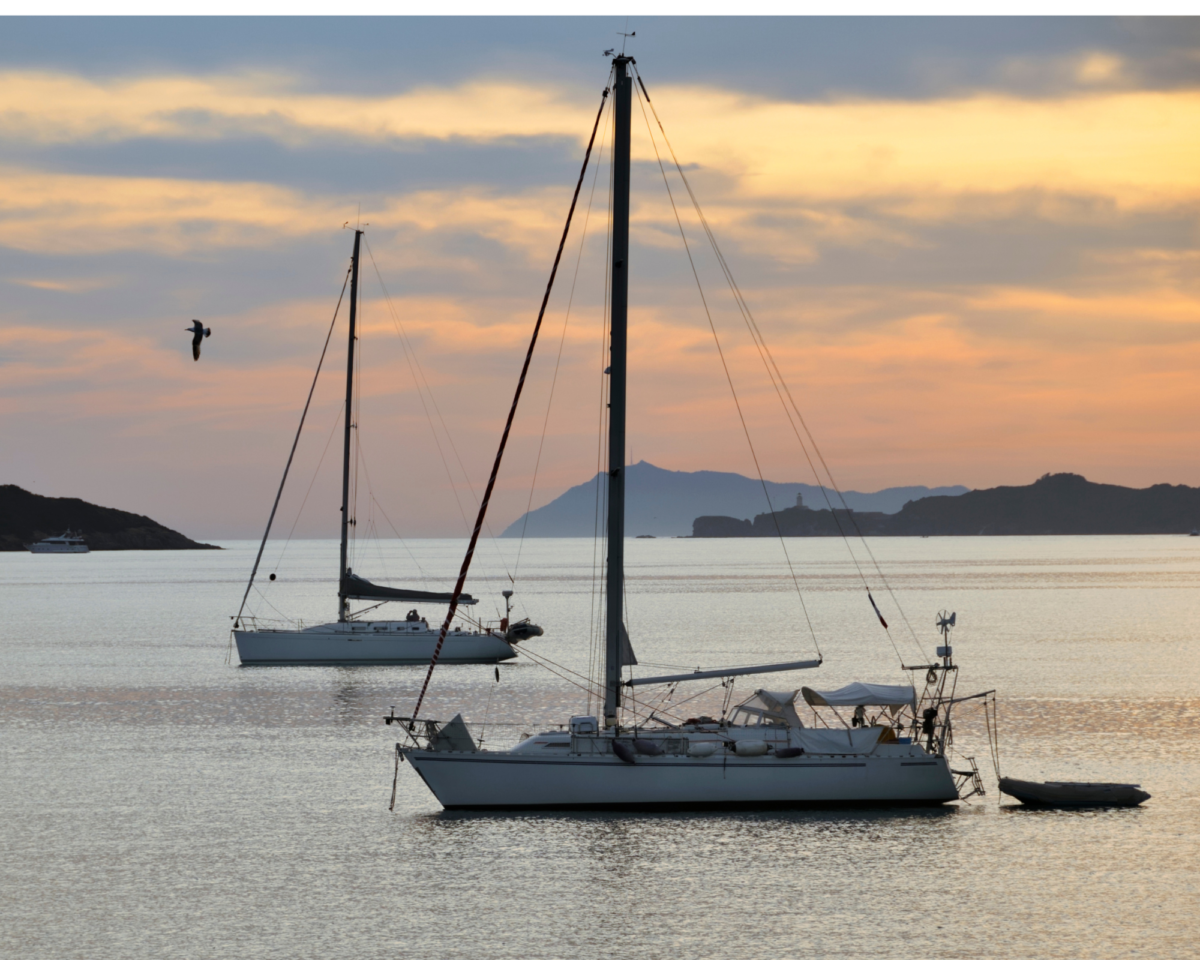
When choosing your anchorage area, pay attention to where you drop your anchor. Choose sandy areas, which can be identified by their light colour, to minimise the impact on the seabed.
You can also use a buoy rope, a system that makes it easier to pull up the anchor without tearing anything.
Finally, in organised anchorage areas, prefer fixed buoys. This preserves the seabed while simplifying your anchoring manoeuvres.
Ecogestures for yachtsmen make an active contribution to preserving the oceans, but you can also go further by taking part in concrete actions. Why not join a litter pick to further protect marine ecosystems? Organisations such as Surfrider Foundation and Océanopolis Acts regularly organise events to raise awareness and mobilise people to protect the oceans. A great opportunity to act together for the environment! 🌊💪
New: special absorbent sheets for yachting
The Brest marinas are committed to providing solutions to help protect the environment and prevent pollution. As part of this commitment, you can buy absorbent sheets suitable for pleasure boats at each harbour office, which can be placed around fuel tanks to limit fuel leaks. Find out more about the benefits of this reusable product.
Special absorbent sheets for yachting, for pollution-free refuelling
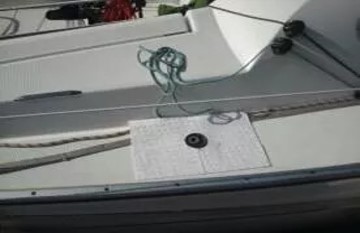
Absorbent sheets are ideal for pleasure boats.
They have a hole in the centre and should be placed around the fuel tank when refuelling.
They quickly absorb any small leaks, which not only protects the environment but also keeps the boat clean.
These absorbent sheets are reusable and can be stored in airtight containers between uses.
Price: €1 per sheet.
Pollution in marinas
The most common types of pollution found in marinas come directly from the activities of pleasure boaters. The main pollutants are black and grey water, and fuel. The Brest marinas therefore want to put in place solutions to help harbour users protect their environment.
Fuel stations in marinas are always sources of pollution, to varying degrees. Fuel leaks are frequent. Diesel spreads very quickly on the surface of the water and evaporates within 24 to 48 hours. Petrol, on the other hand, evaporates more quickly, but is more dangerous because of the high risk of explosion. Fuel spilt in the sea is also highly toxic for biodiversity.
There is no such thing as a zero risk of spillage, but Brest's marinas want to keep pollution within their harbours to a minimum. That's why they are putting absorbent sheets on sale this year.
The Brest marinas, which are certified as Clean and Active in Biodiversity Harbours, are carrying out a number of initiatives to protect the environment, including the installation of MéGO! ashtrays, collaboration with the Roscoff biological station and Le Cèdre, and training teams in ways of combating oil pollution. Absorbent sheets are the new thing to discover!
It's easy to get hold of the sorbent sheets: they're on sale at every port.
Need more information? Just get in touch!
Arkea Ultim Challenge : Ocean Racing and Ecology
The Arkea Ultim Challenge, which set off from Brest on the 7 January, drew crowds to the village set up for the occasion and at the start. With its clean village and a stand to raise awareness of marine pollution, the race is committed to the environment and ecology. But that's not all! The six competing skippers will have to avoid certain areas that are off-limits to sailing: cetacean protection zones. Come aboard with us to find out why this new measure is particularly important for the ecology and the world of ocean racing.
Cetacean protection zones
The keenest observers following the Arkea Ultim Challenge will have noticed on the race map that certain zones are off-limits to sailing.
These zones are designed to protect cetaceans, and the six skippers taking part in the race are forbidden to cross them - a first in the history of ocean racing!
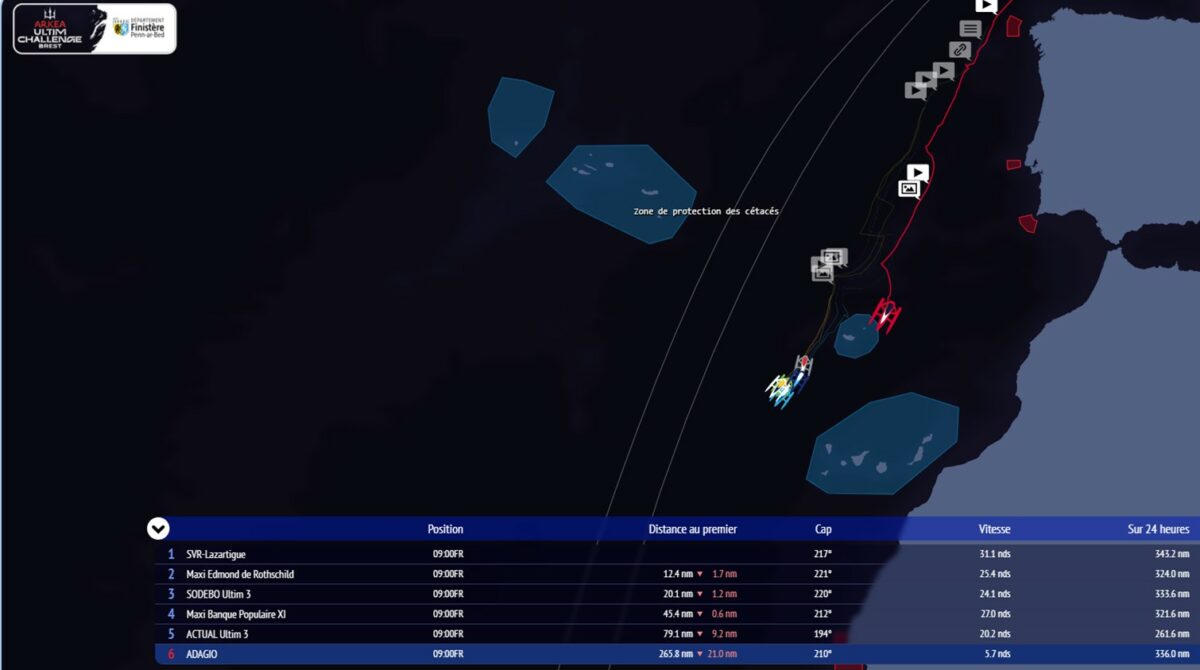
There are 6 off-limits areas on the route of this round-the-world voyage, and they have been defined by the Share the Ocean scientific consortium. They are breeding and feeding grounds for cetaceans, as well as busy passages on the migratory routes. They are located in the Azores, the Canaries, off Cape Verde, the Cape of Good Hope, east of Kerguelen Island and Cape Horn.
The aim of the race directors is twofold:
- Protecting marine megafauna, which is essential to the proper functioning of ecosystems and the maintenance of biodiversity.
- Reduce the risk of collisions between racing boats and cetaceans. In this way, the Arkea Ultim Challenge enhances the safety of skippers at sea, and reduces the risk of injury or death to an animal.
The trimarans are equipped with devices that emit noises at frequencies that keep animals away, but they are not 100% effective and the risk of collision remains high. Defining zones that skippers will not be able to cross is therefore a very good thing.
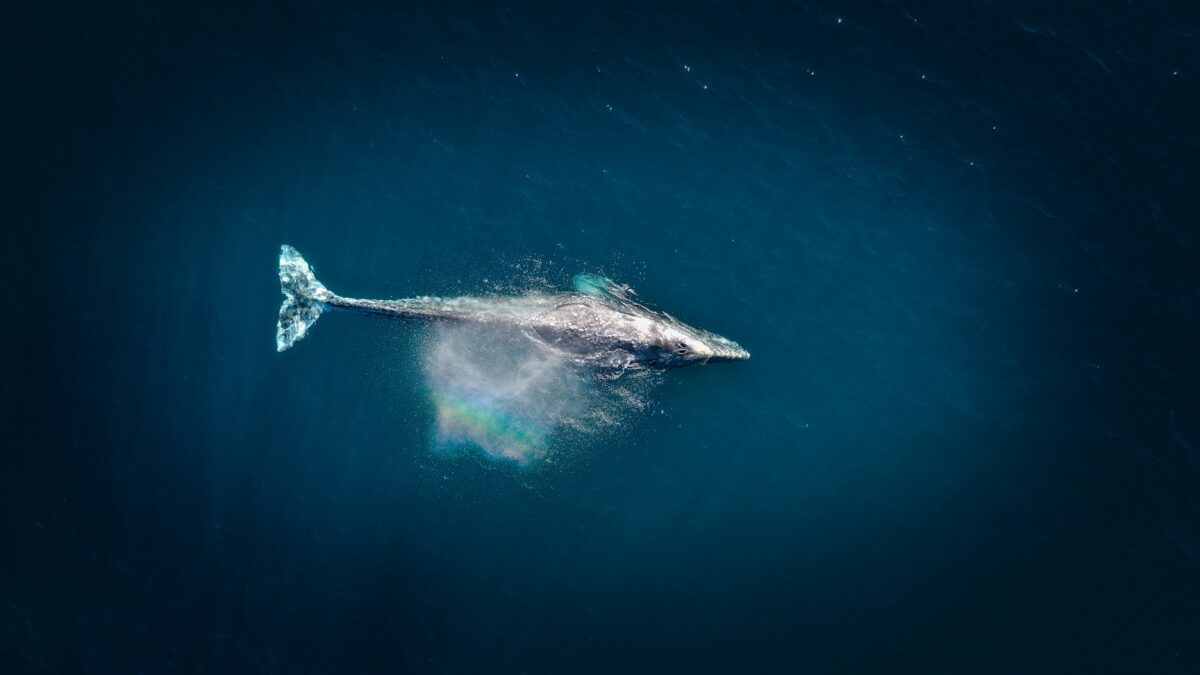
Depending on the region and the season, cetacean protection zones are home to blue whales, killer whales, dolphins, sperm whales, pilot whales and southern right whales, which can be up to 18 metres long.
Ocean racing and ecology: tomorrow's challenge?
Sailing is a sport with a very clean, green image. There's nothing sweeter than moving with the wind.
But the reality is quite different. The carbon impact of boat building and the logistics of ocean racing events is significant.
But awareness is growing in front of the collapse of biodiversity and climate change. As a result, Stanislas Thuret has decided to retire from ocean racing in 2023: "The climate emergency and the collapse of biodiversity are incompatible with the way we live ocean racing and competition." He adds that he no longer wants "unlimited competition in terms of performance".
This sailor is also one of the people behind the La Vague collective, whose mission is to change sailing practices to limit their ecological impact.
The cetacean protection zones in the Arkea Ultim Challenge illustrate a growing desire to do the right thing and a desire to move the boundaries in the world of ocean racing. What's even more interesting is that this desire comes from within, and from people who know this field very well, like the La Vague collective.
In a world that is always looking to break speed records and outdo itself from a technological point of view, the challenges of tomorrow will certainly be just as ecological, with perhaps a winner whose carbon footprint from the construction of the boat to the race would be taken into account.
Expedition Arvik Ocean
This Sunday, April 30, will be held at the visitor's pontoon of the Moulin Blanc Marina, the departure party of the Arvik Ocean Expedition. The public will be welcomed from 2 to 5 pm.
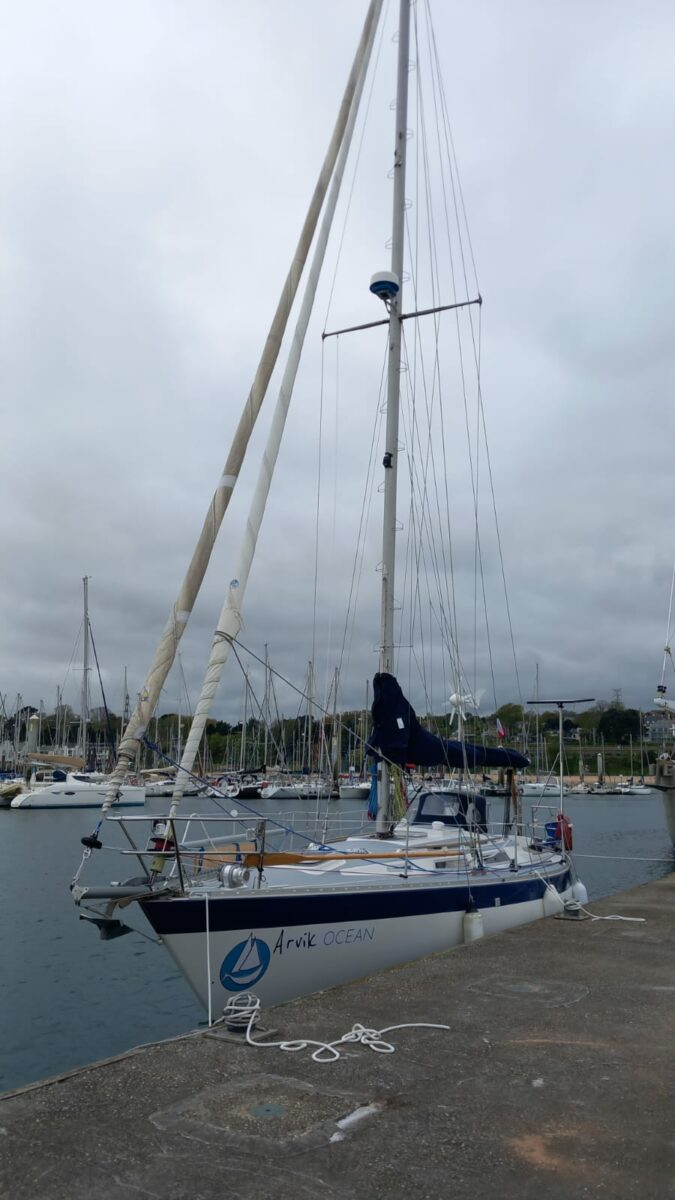
"Whale Being" project
Cetaceans are, nowadays, more and more threatened by fishing, this expedition aims to find solution in Northern Europe.
An observation
Cetaceans are now threatened with extinction. Indeed, the number of strandings of marine mammals is clearly increasing and no concrete measures are taken to safeguard them. Approximately 400 dolphins have stranded on our coasts since December, and more than 500 000 cetaceans are victims of fishing gear every year.
The mission
The main goal of this mission is to contribute to research to understand the impacts of fishing on cetaceans and to document the actions of two NGOs (Sussex Dolphin and Whale Wise) in Northern Europe.
The sailing boat Arvik Ocean will embark the teams of the NGOs to facilitate their actions. They will exchange information to better understand the stakes and impacts of the cetacean fishing and document the actions taken. They wish to transmit their discoveries to the general public.
The routes
- April - May : departure of the expedition, France
- may : mission with Sussex Dolphin, England
- July : mission with Whale Wise, Iceland
- September : end of the expedition, return to France
To follow the mission
Social networks :
- Instagram : @arvikocean
- Facebook : @arvikocean
Website :
Contact :
- Mail : crew@arvikocean.org
"PHENOMER" PROGRAMME : PARTICIPATIVE SCIENCE
The ifremer centre makes a call to the public to report green microalgae blooms on the Brittany coast. Indeed, this phenomen has already occurred in previous years, but never so early.
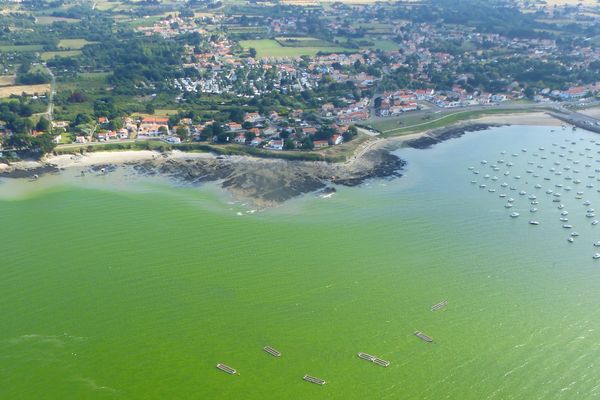
A "BLOOM"
This is an evocative name for a phenomen that can be surprising when walking along the coast. It is nevertheless exceptional, occuring in spring when the sunshine and water temperature favour the growth of microalgae. This phenomen is potentially harmful for marine fauna.
The appearance of this green, red or brown water is unpredictable. Hence the importance of reporting this phenomen as soon as possible to the Ifremer scientist so that he can take a sample or call 02.98.22.44.99.
"We encourage citizens who see coloured water to take a small quantity in a bottle and bring it to the nearest Ifremer station or relay structure as soon as possible", Anne Donner, coordinator of the Phenomer preogramme.
Clean and Active for Biodiversity Harbours Label Renewed
After two days of auditing, the Brest Marinas have been rewarded for their work by obtaining the renewal of the Clean and Active for Biodiversity Harbours certification (Ports Propres Actifs en Biodiversité). This certification is specific to marinas and validates the actions taken to limit the impact of the harbour's activity on the environment.
Clean and Active for Biodiversity Harbours Label
This European Certification (Ports Propres Actifs en Biodiversité) specifically concerns marinas and rewards their efforts for environmental protection and sustainable development. The approach is voluntary on the part of the marinas mangers. For this to happen, certain criteria must be met such as:
- have a trained staff who is familiar with procedures and equipment in the event of marine pollution;
- have a careening area with a system for recovering and treating polluted water when working on the hulls of boats;
- have a blue station for pumping out black and bilge water;
- have waste collection points, and containers for soiled products;
- have one or more sanitary blocks to avoid discharging grey water intor the harbour.
To date, 100 marinas have been certified as Clean Harbours, and 39, including the two marinas in Brest, have been awarded the complementary Active for Biodiversity label.
Actions carried out in Brest Marinas
Several actions are carried out in each of Brest's harbour such as :
- participation in the "I sail, I sort" action : a programme created in 2011 which is dedicated to the prevention of marine waste and aims to develop recycling;
- the sale of special absorbent sheets for yachting;
- free supply of pocket ashtrays, and the installation of MéGO! ashtrays, a company that collects and recycles cigarette butts, in the vicinity of each harbour office;
- the collaboration with Roscoff biological station, which regularly carries out checks on invasive species;
- the installation of rainwater harversters;
- the collaboration with Cedre, which tests the degradation and aborption of pollutants from certain waste products, and which has trained the marinas teams in oil spill response methods.
The teams of the Château Marina and Moulin Blanc Marina continue to carry out actions within the framework of this certification, and count on all the users of the marinas, from the yachtsman to the simple walker, to limit waste, discharges and protect the environment.
Fight against accidental oil pollution
Brest marinas teams regularly have to deal with small-scale pollution in the ports. To help them deal with this type of situation, Cedre provided them with two days of training in oil spill response techniques.
What is Cedre?
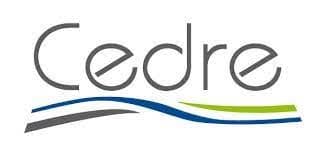
Located in the Moulin Blanc harbour, Cedre is an expert in accidental water pollution, from upstream preparation to the restoration of environments after accidents. It operates both in France and abroad.
Its missions are to provide expertise and advice to entities in charge of water pollution control. Cedre has also been mandated by the Ministry of Ecology to lead the network for monitoring macro- and micro-plastic waste on the coastline.
Cedre is also a training centre for professionals in the fight against accidental oil pollution. It is in this capacity that Cedre has intervened in Brest marinas.
Understanding accidental pollution in marinas
To keep the harbour clean, it is necessary to identify and understand the various possible pollutions in order to implement the right technical means.
The pollutions that we find most frequently in marinas are :
- black and grey waters;
- fuels;
- natural and urban outfalls.
Faced with this, there are difficulties in managing pollution linked to the environment:
- rip-rap, which is difficult to protect and clean;
- pontoons, under which pollution can go;
- boats moored to pontoons, which can end up in the middle of pollution.
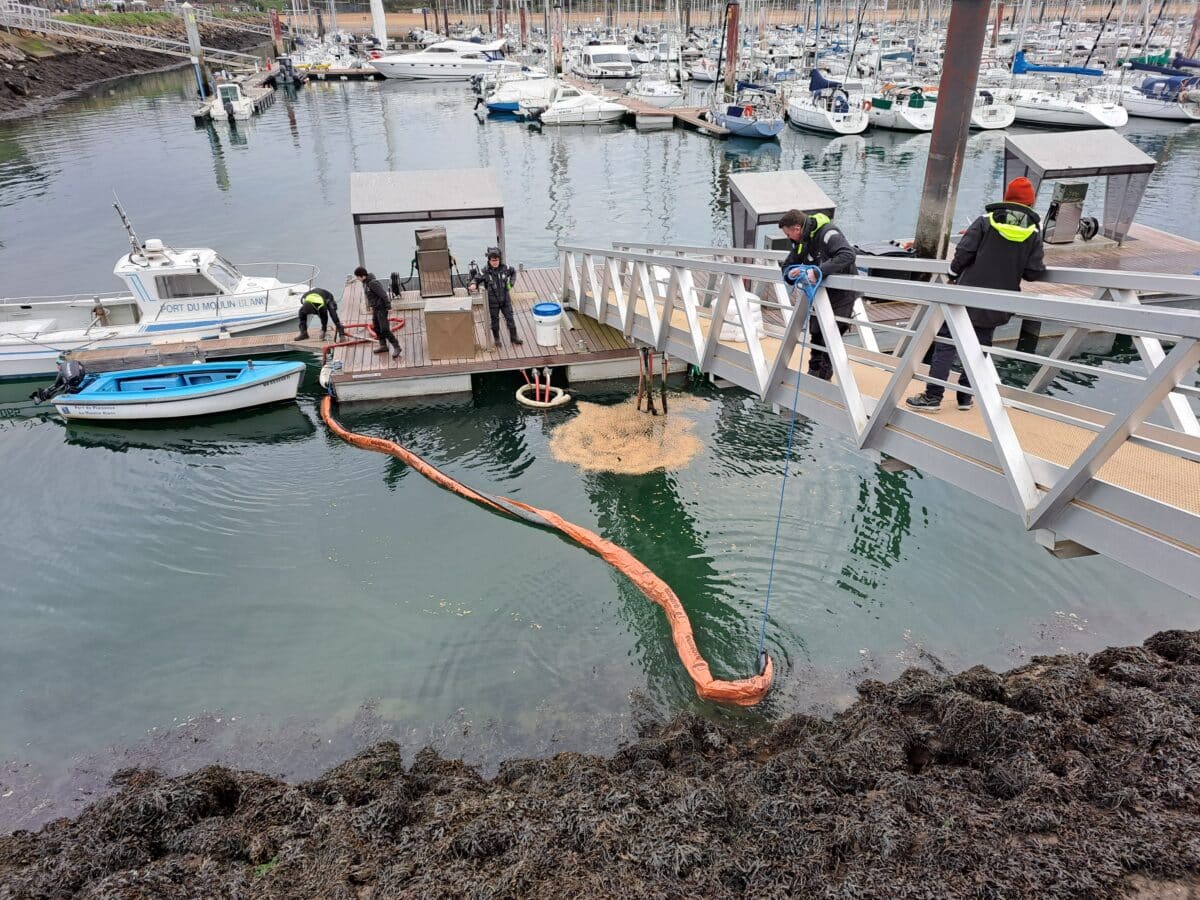
The port agents, supervised by Cedre trainers, were able to test different equipments in the Moulin Blanc harbour in order to learn how to contain and clean up an oil spill. The simulation on our infrastructures allowed the team to better understand the progress of such an operation, and to identify the elements of the site that could be problematic for the deployment of the different floating booms.
Rice husks were used to simulate a fuel leak.
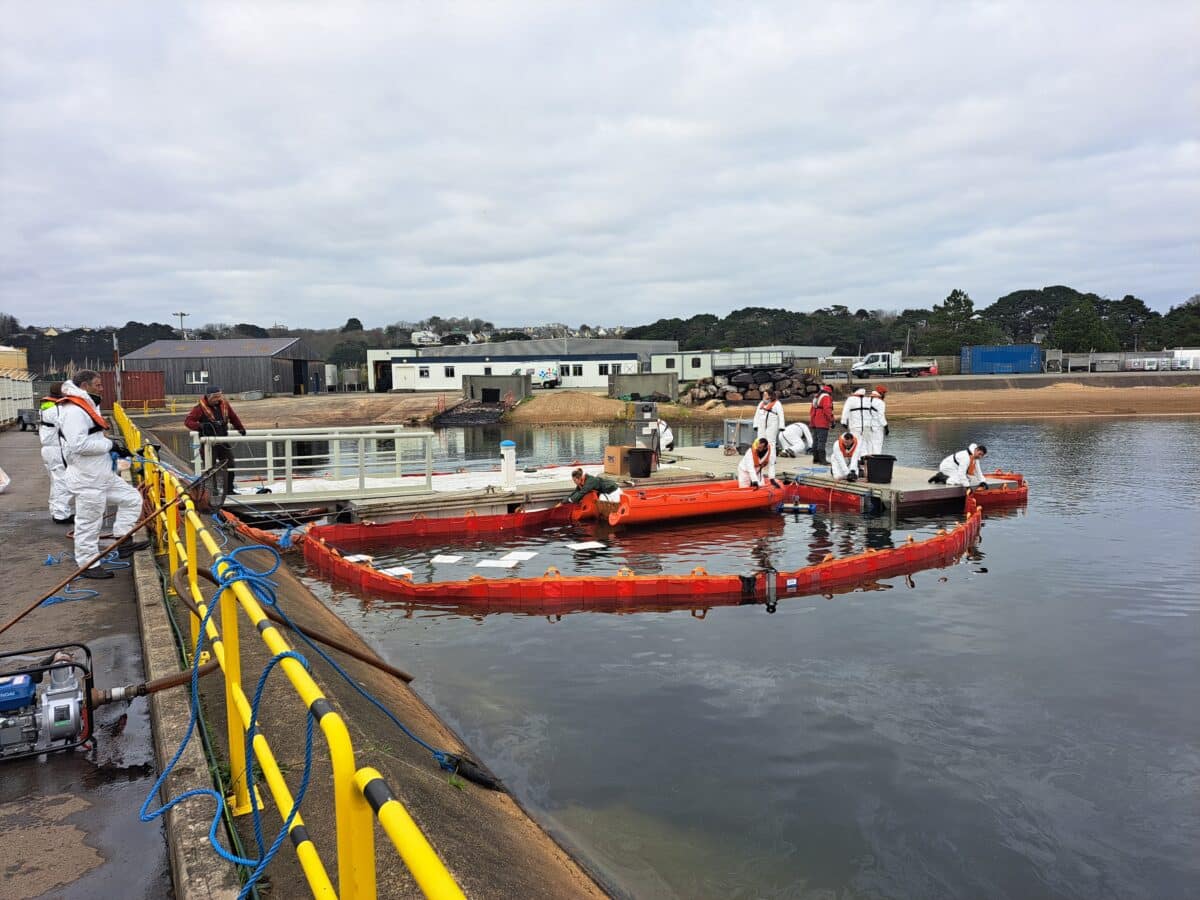
Cedre also has a technical platform where our teams were able to practice identifying sources of pollution, and handling the booms to contain and clean up the pollution.
What to remember about oil spill response techniques:
- floating booms are not 100% efficient, there will always be losses;
- diesel spreads very quickly, but evaporates in 24 to 48 hours;
- petrol evaporates faster than diesel. However, in the event of a large leak, the area must be evacuated as there is a risk of explosion;
- it is essential to identify the source of a spill quickly in order to be effective.
Equipments in Brest marinas to prevent pollution
The majority of pollution comes from ships moored in the port. These include ships that empty their bilges in the harbour, or those with overflowing fuel tanks.
To prevent boaters from polluting the marinas themselves, the Brest marinas provide various facilities:
- a careening area;
- a black water and grey water station;
- a fuel station with retention grids;
- a waste disposal centre with containers for soiled products;
- a rubish dump at the top of the Moulin Blanc careening dock.
In addition, boaters will also find underground containers for household waste, cardboard and glass. Ashtrays have also been installed along the Moulin Blanc promenade and near the sanitary facilities in both harbours.
Brest marinas have been awarded the Ports Propres Actifs en biodiversité label (Clean and Active for biodiversity Harbour Label) thanks to what have been put in place to protect the environment. But to go further in the process, it is necessary for everyone to make an effort by systematically using the equipment available.


 Warning, you are using an insecure browser!
Warning, you are using an insecure browser!